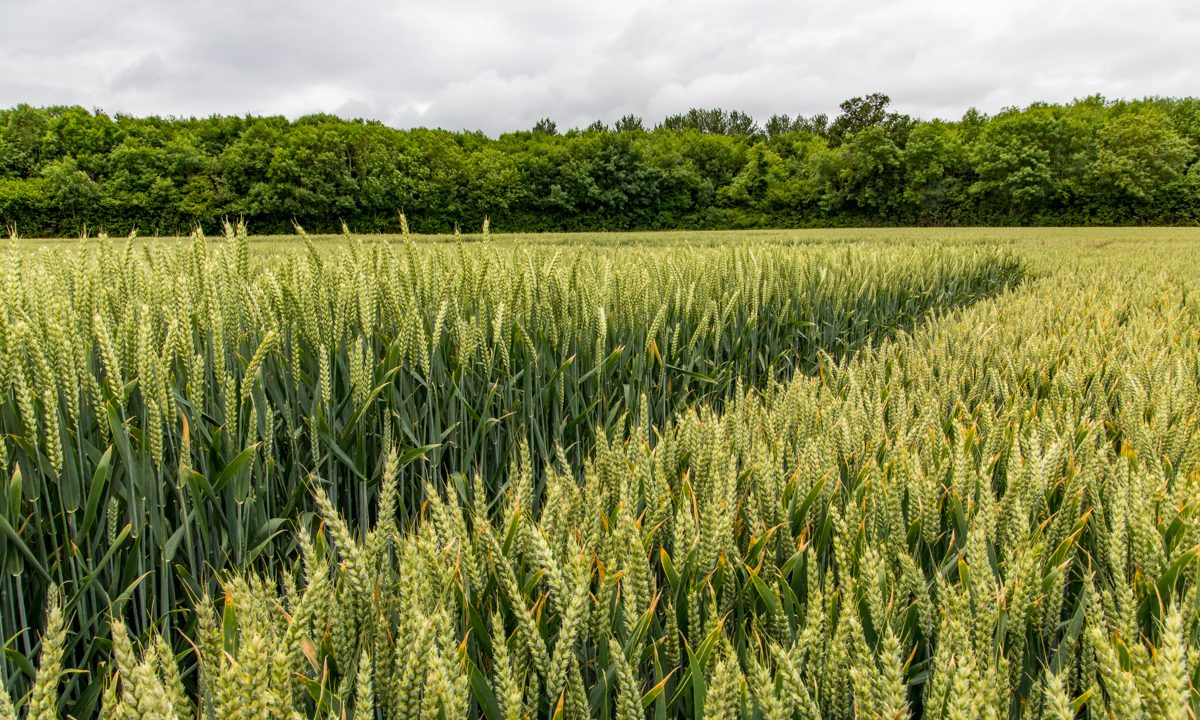An independent TD has raised concerns that a payment of €400/ha under the new Tillage Incentive Scheme will barely cover the rising cost of fertiliser and green diesel for farmers.
The Cabinet yesterday (Tuesday, March 22) approved the €10 million scheme which is part of the government response to food security and supply chain issues arising from the Russian invasion of Ukraine.
For area of crops to be eligible for the scheme, the land must not have been in tillage production in 2021. Farmers should declare the relevant crops on their 2022 Basic Payment Scheme (BPS) application.
The Cabinet also approved a multi-species sward scheme, including support for red clover, and an additional €1.2 million in protein crop supports.
Tillage schemes
Independent TD Michael Fitzmaurice said that the intention behind the new Tillage Incentive Scheme must be welcomed, but many questions remain unanswered.
“Considering Ireland imports almost two-thirds of its animal feedstuff, including in excess of 1.3 million tonnes of maize and 700,000t of soya in 2020, a scheme totalling €12 million will fall well short of what is needed,” the TD stated.
“As it stands, almost all types of fertiliser are costing in excess of €1,000/t – that is if you are lucky enough to purchase some.
“Most farmers at the moment would require the payment up front just to help with the cost of tilling the ground and getting the crop sown, leaving them with the cost of managing it through until harvest.
“Farmers are also concerned with the prospect of being left with a crop which makes a loss later in the year if the war in Ukraine subsides and it is able to resume its normal production levels of cereal.”
The Roscommon-Galway representative also said that the Minister for Agriculture, Food and the Marine Charlie McConalogue should consider if Green, Low-Carbon, Agri-Environment Scheme (GLAS) farmers can grow crops on suitable land.
“Personally, I would prefer if the multi-species sward scheme was introduced in September rather than being rushed in now. This would make the management of these plots easier, reducing the likelihood of weeds and the need for spraying.
“The minister has some difficult decisions to make and must push for the best possible outcome if he is to get farmers on board,” Fitzmaurice concluded.
